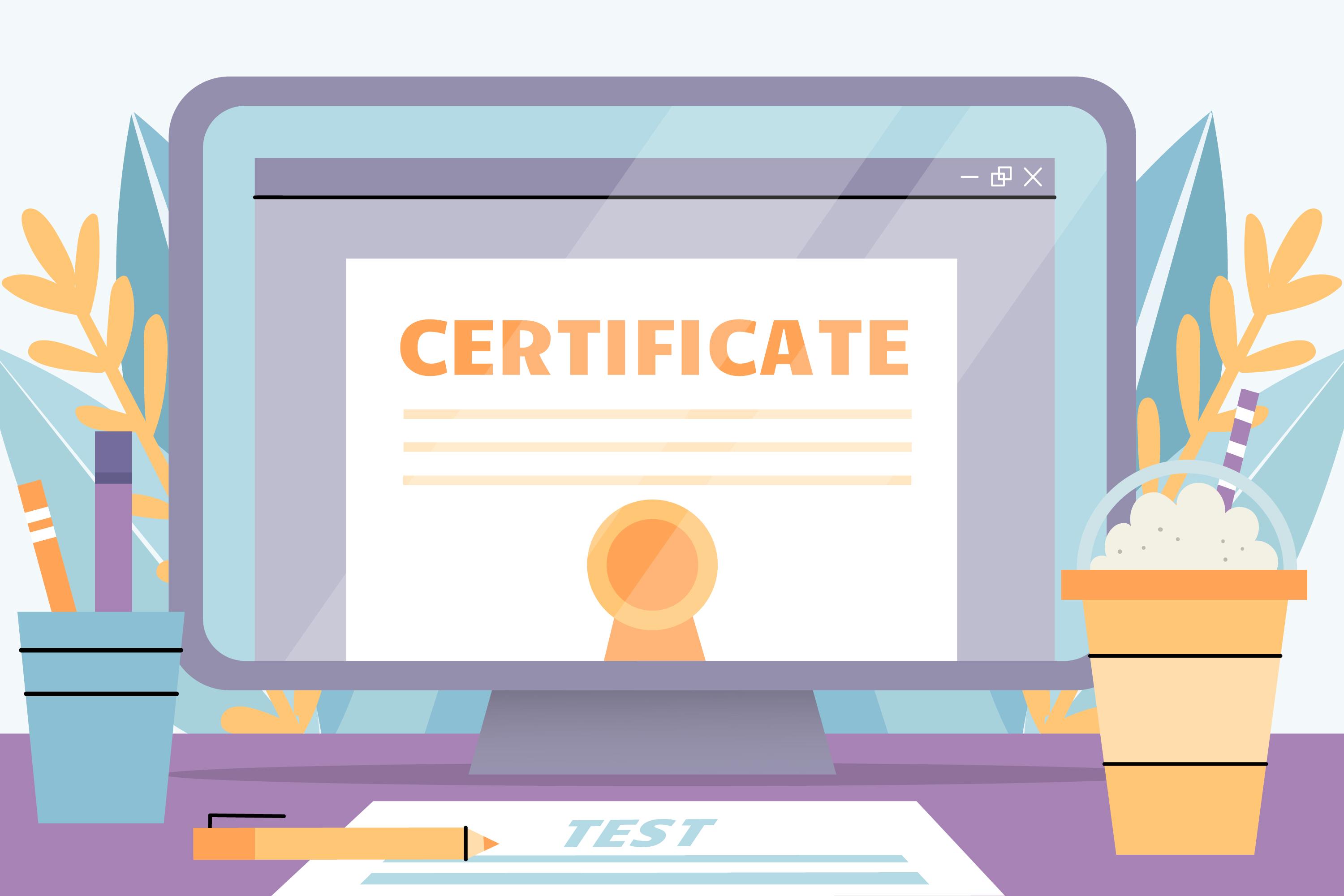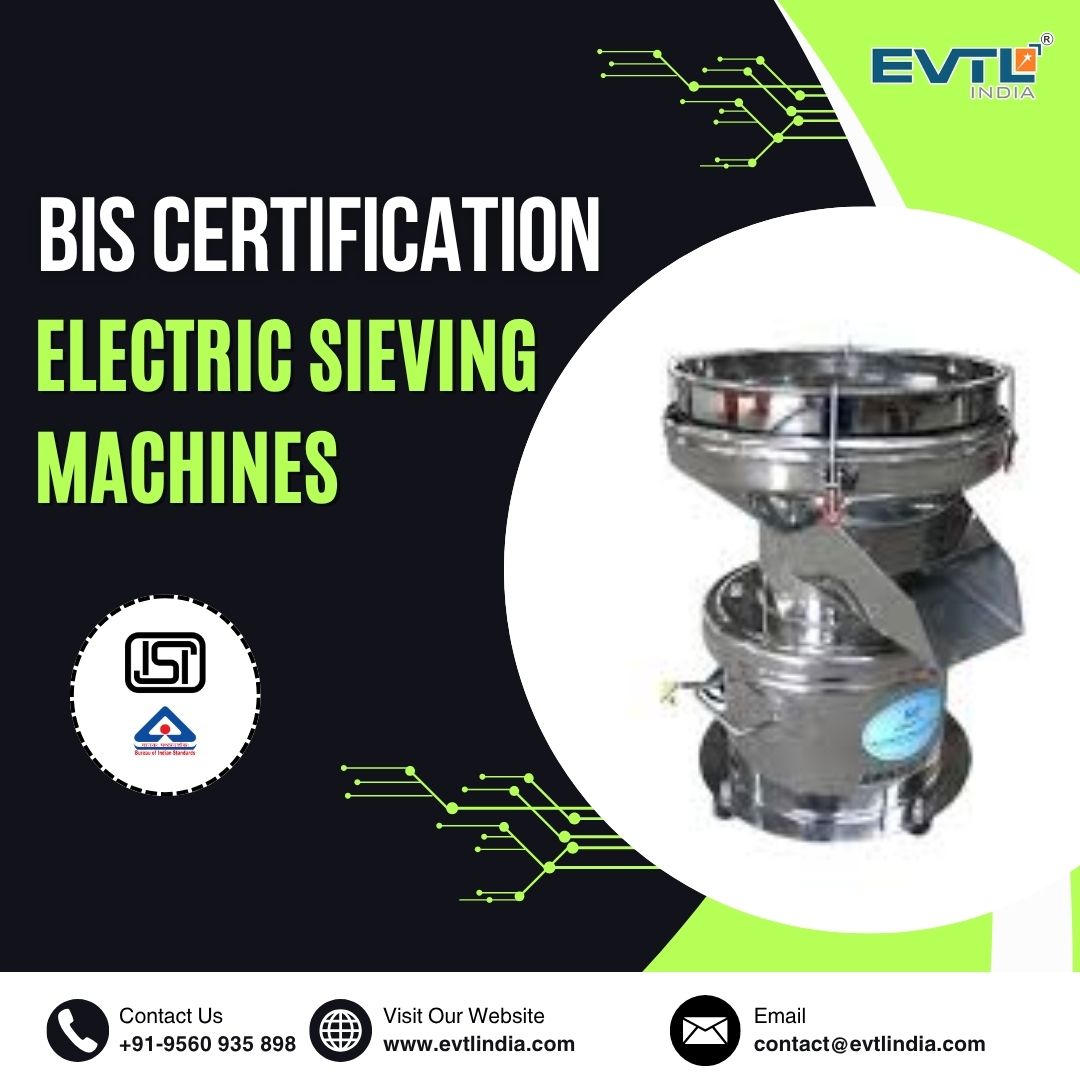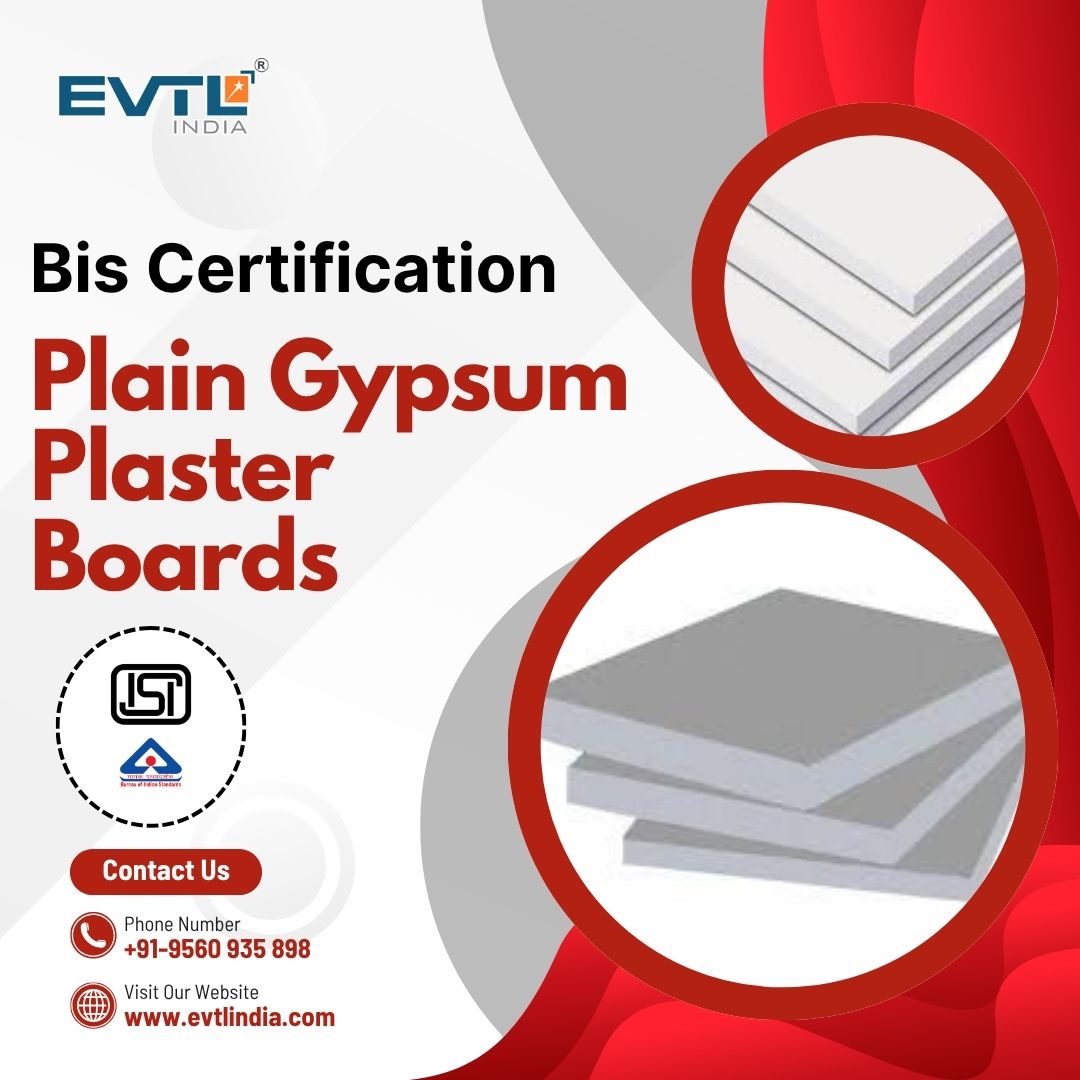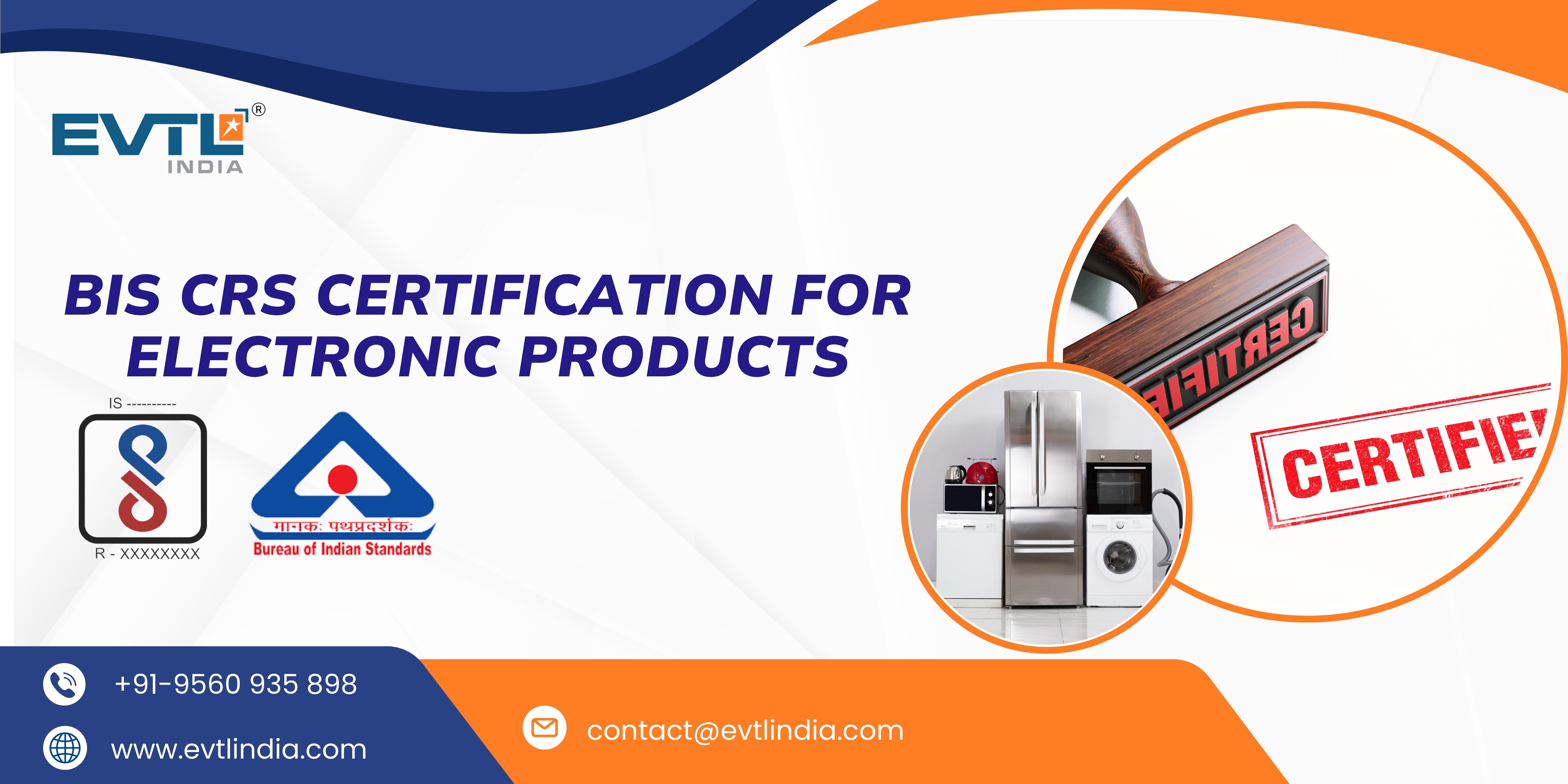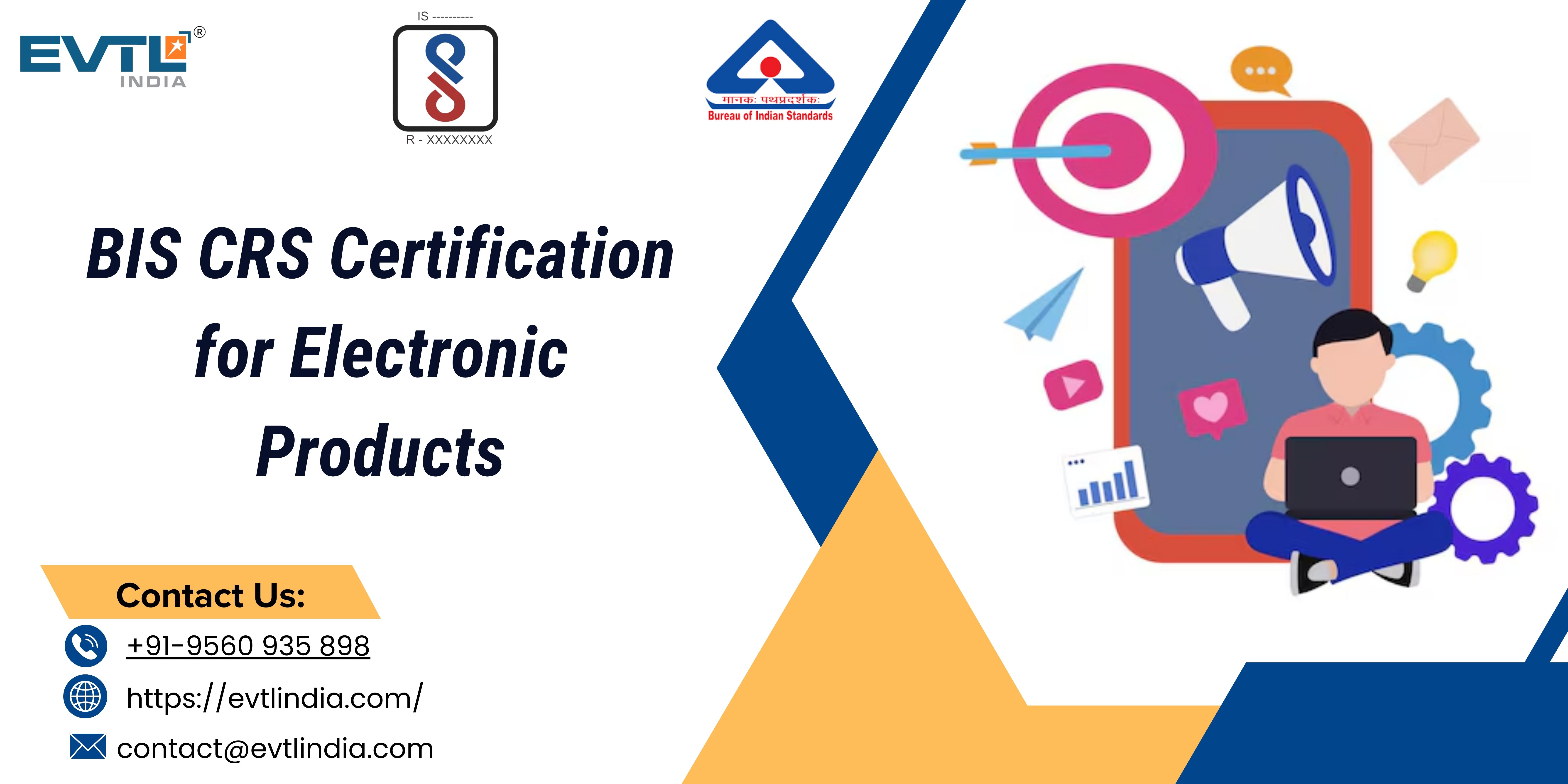How to Obtain BIS Registration for Storage Batteries in India
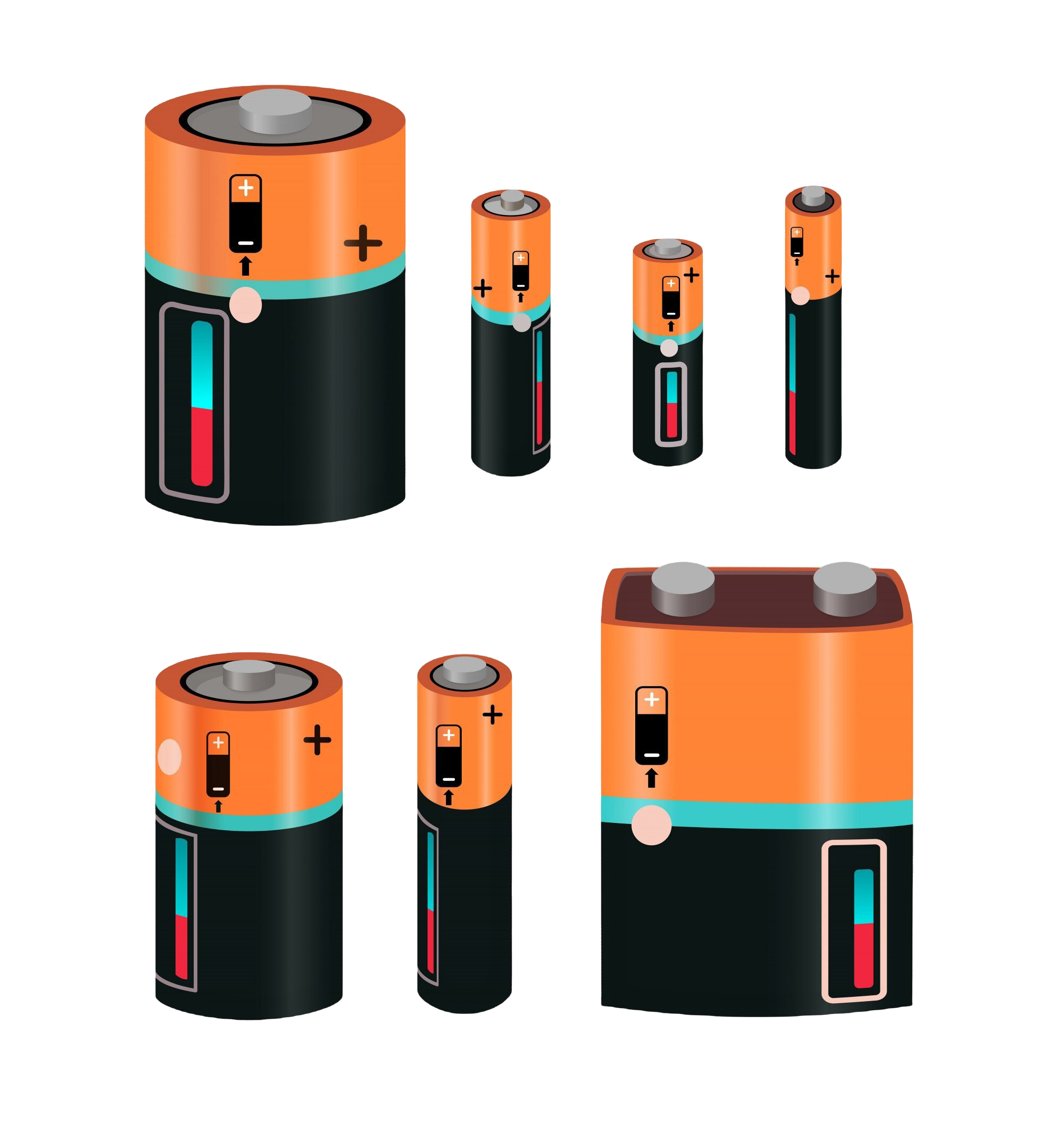
Storage batteries play an essential role in powering various applications, from renewable energy systems to electric vehicles and backup power supplies. However, to ensure their safety, reliability, and performance, obtaining BIS registration for storage battery is a critical step for manufacturers in India.
This certification ensures that storage batteries meet the safety and performance standards set by the Bureau of Indian Standards (BIS), promoting consumer safety and market access.
Why is BIS Registration for Storage Batteries Important?
Obtaining BIS registration for storage battery is essential for manufacturers to sell their products in India. Here's why this certification is crucial:
Ensures Safety Standards: BIS certification protects consumers by ensuring that storage batteries adhere to strict safety protocols, preventing potential electrical hazards like overheating, short circuits, and more.
Enhances Product Credibility: Having a BIS certificate for storage battery boosts consumer confidence and improves the product's marketability.
Streamlines Market Entry: Compliance with BIS standards simplifies market access in India, a major benefit for both domestic and international manufacturers.
Regulatory Compliance: Achieving BIS certification ensures manufacturers meet legal and regulatory requirements, avoiding penalties or delays in product distribution.
Promotes Product Reliability: Certification verifies that the storage batteries perform efficiently, meeting industry standards for capacity, discharge rates, and lifecycle performance.
In essence, BIS for storage battery is a key factor in gaining competitive advantage and building trust in the market.
Overview of Indian Standard IS 16270: 2014 for Storage Batteries
The Indian Standard IS 16270: 2014 defines the performance, safety, and testing criteria for storage batteries. This standard ensures that batteries operate safely and efficiently under various conditions, whether for industrial or consumer use.
Key elements of IS 16270: 2014 include:
Electrical Safety: Battery designs must minimize risks such as electric shocks, short circuits, and overcharging.
Performance Specifications: Batteries are required to meet strict benchmarks for energy capacity, discharge rates, and overall reliability.
Thermal Management: Batteries must be equipped with systems to control heat generation during operation, preventing overheating.
Environmental Durability: The batteries must function effectively across various temperature and humidity levels, ensuring long-term use in different climates.
By adhering to IS 16270: 2014, manufacturers ensure their storage batteries meet the highest standards of safety and performance, which are fundamental for BIS registration.
The Testing Process for BIS Certification of Storage Batteries
Achieving BIS certification for storage battery involves rigorous testing to confirm that the product complies with IS 16270: 2014. Here are the key tests conducted:
Electrical Safety Tests: These tests assess the insulation resistance of the battery and ensure that the product offers protection against electrical hazards.
Performance Testing: This evaluates the battery's capacity, discharge rate, and cycle life to ensure optimal performance during regular use.
Thermal Management Tests: Measures the battery’s ability to manage heat, ensuring that it does not overheat during operation.
Load Testing: Determines the performance of the battery under different load conditions, ensuring stability and efficiency.
Environmental Testing: Assesses the battery's durability and reliability in diverse environmental conditions, including temperature fluctuations and humidity levels.
These tests verify that the storage battery operates safely and effectively, meeting the requirements for BIS certification.
The Process of Obtaining BIS Registration for Storage Batteries
The BIS registration process for storage battery involves several key steps to ensure compliance with Indian standards. Here's how it works:
1. User ID Registration
The manufacturer must first register on the BIS portal to obtain a unique User ID. This ID is essential for filing the application and managing the certification process.
2. Product Testing
The storage battery must be tested at a BIS-recognized laboratory according to IS 16270: 2014. The laboratory will generate a test report, which is a crucial part of the certification application.
3. File Preparation
Once testing is complete, the manufacturer must prepare a file containing the test reports, product specifications, and other necessary documentation. This file is submitted as part of the application for BIS certification.
4. Application Submission
The manufacturer submits the application, including the file with required documents, test report, and the application fee to the BIS office for review.
5. License Granting
BIS reviews the application and, if satisfied with the test reports and compliance with all necessary requirements, grants a certification license. This license allows the manufacturer to affix the BIS mark on the product, signaling compliance with IS 16270: 2014.
Documents Required for BIS Registration for Storage Batteries
To obtain BIS registration services for storage battery, manufacturers need to submit a set of required documents:
For Indian Manufacturers:
Trademark certificate of the company
GST certificate
Application form with product specifications
Critical Component List (CCL)
KYC documents of the authorized representative (PAN, Aadhaar, mobile number, email ID)
For Foreign Manufacturers:
Business license
Trademark certificate
Application form with product model numbers
CCL
KYC documents of the authorized representative (All India Representative or AIR)
Documents from AIR, including GST and KYC details
Thorough preparation of documents is essential to avoid delays in the certification process.
Benefits of BIS Certification for Storage Batteries
Securing BIS certification for storage battery provides various benefits for manufacturers:
Market Access: BIS registration enables easier entry into the Indian market by meeting national standards for product safety and performance.
Consumer Confidence: The BIS mark reassures consumers that the product has passed rigorous safety and quality tests.
Competitive Advantage: Certified products have an edge in the market, standing out as trustworthy and reliable options.
Regulatory Compliance: Ensures that the product meets all legal requirements, protecting manufacturers from legal issues and penalties.
Long-Term Reliability: With regular quality checks, BIS certification helps ensure long-term operational reliability for storage batteries.
By obtaining BIS certification, manufacturers demonstrate their commitment to quality, gaining a stronger foothold in the market.
Conclusion
Achieving BIS registration for storage battery is essential for manufacturers looking to sell their products in India. By ensuring compliance with IS 16270: 2014, manufacturers not only meet safety and performance standards but also build trust with consumers, improve marketability, and avoid regulatory issues.
While navigating the certification process can be complex, EVTL India your BIS consultants I India for storage battery can provide invaluable support, from document preparation to testing and submission, ensuring a smooth and efficient registration process.
What is BIS certification for storage batteries?
BIS certification ensures that storage batteries meet Indian safety and performance standards, offering protection against electrical hazards and guaranteeing reliable operation.
How do I apply for BIS registration for storage batteries?
To apply for BIS registration for storage battery, manufacturers must register on the BIS portal, complete product testing, and submit a comprehensive application with all required documents.
What are the testing requirements for storage batteries under BIS certification?
Storage batteries are tested for electrical safety, performance, thermal management, load testing, and environmental durability to ensure they meet the IS 16270: 2014 standards.
Can foreign manufacturers obtain BIS certification for storage batteries?
Yes, foreign manufacturers can obtain BIS certification for storage battery by designating an All India Representative (AIR) to handle the application and documentation process.
Note: IndiBlogHub features both user-submitted and editorial content. We do not verify third-party contributions. Read our Disclaimer and Privacy Policyfor details.



